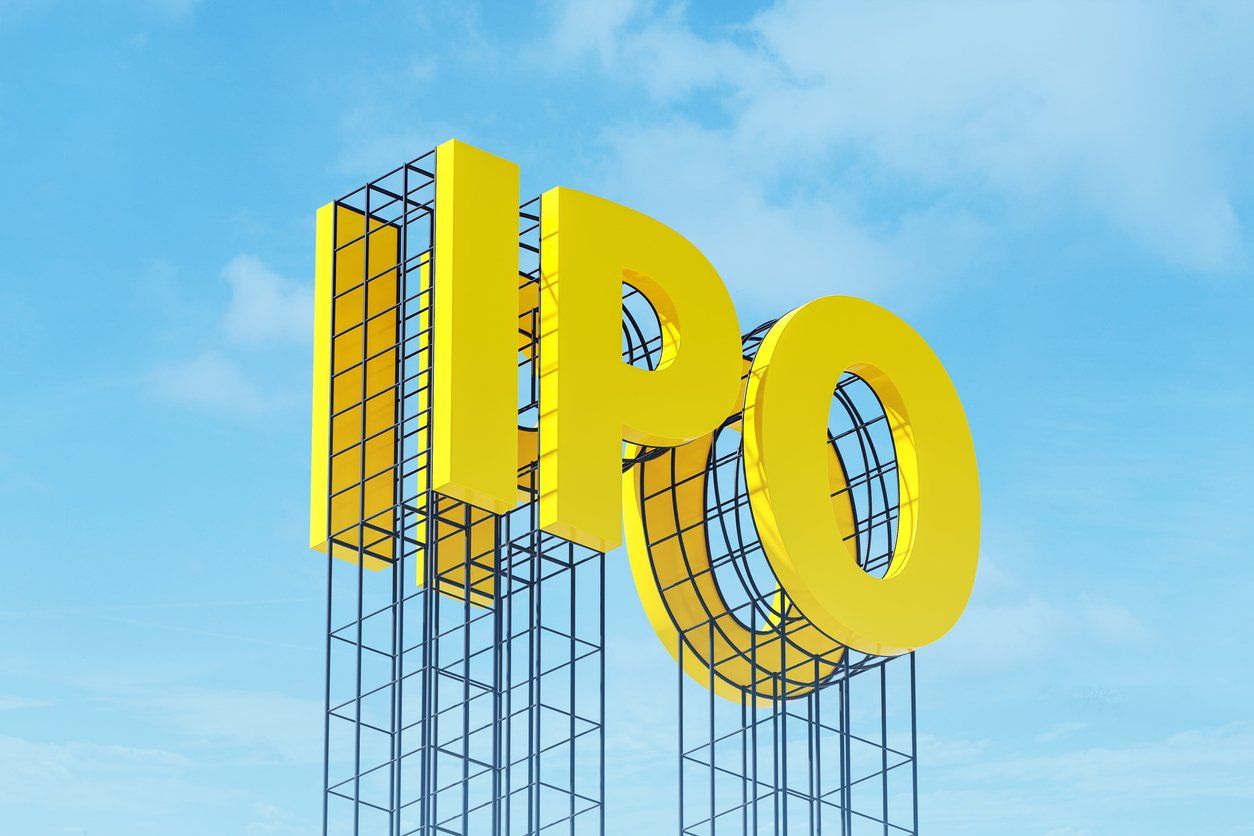IPOs: Why You Should Consider the Risks Beyond the Hype

The IPO market has seen an increasing level of activity in recent years. It has attracted many investors looking to buy shares in companies like Tesla or Facebook. There is a good reason for this hype, as it is immensely profitable to bet on the right stock when it first trades as an IPO. You get an opportunity to invest in a high-growth company early in its life cycle.
Tesla shares have skyrocketed while Google and Amazon stocks remain high. However, just because other companies have shown growth in the past doesn't mean IPO investment has no risks. Although the investment sounds enticing to an average investor, it doesn't always live up to the hype. The reality sometimes differs from the surrounding buzz.
What is an Initial Public Offering (IPO)?
An Initial Public Offering (IPO) is the process of a private company becoming publicly traded. It is a public offering where private firms sell shares to institutions, who then sell their shares to the public. Private companies schedule IPOs when investors feel good about their financial prospects and are likely to take risks with the new venture. They will list the shares on a stock exchange, making them available for the public to purchase.
Many investors think of IPOs as significant money-making opportunities. While they are undeniably exciting, understand that IPOs are risky investments that deliver inconsistent returns over a long time.
The Reason Companies Go Public
Companies choose to go public mainly to generate capital to help further their growth. Smaller companies use IPOs to raise capital for expansion, while large enterprises choose to go public because they need another source of capital. It's an opportunity for the public to buy shares in a company.
Companies sell shares to raise capital and use the proceeds to expand business or pay off debt. Going public also increases the liquidity of a firm. For example, Facebook debuted in May 2012 selling shares at $38 and now they trade at around $288.
The IPO also gives companies several secondary advantages, such as boosting a company's public profile. Organizations may want the gravitas that comes with being a public company, which helps them secure better terms from lenders.
Risks Associated with IPO Investing
IPO investing doesn't always have a happy ending since many IPO companies struggle. Most IPO companies are not profitable and lose money at the point when they go public. About 80% of US companies that went public in 2018 had negative earnings before their IPOs.
There is no guarantee of getting profits after investing in IPOs. It is an offering process with no guaranteed returns as far as stock prices. Even when a company's early returns are promising, price falls are risky. For example, Uber went public in May 2019 at a share price of $41.57 and currently sits below this share price.
An investor also runs the risk of receiving less amount than initially invested. There are many cases where the listed price of a share is less than the purchase price. External factors can affect the price, while other variables can determine the profitability of your investment. As an investor, you risk buying high if the IPO offering is set too high or the stock price jumps sharply after it trades. This happens when the stock is over-hyped or over-valued.
Most IPOs are upstart companies that have more risks than established corporations. They lack regulatory filings or earnings reports to research. This lack of transparent information can be a considerable risk.
Overall Synopsis
IPO investing can be rewarding but carries greater risk because of a smaller sample size of data. Perform due diligence when investing in an IPO as they have their share of risks involved, which you must address for stable fund growth. Ensure you do your research and avoid the temptation of getting caught in the moment's excitement. For example, determine if the offering price set by underwriters is reasonable or inflated.
When investing in an IPO, beware of the risks involved. It's not that all IPOs are bad investments; it's the fact that most aren't good. To find out the companies that you need on your watchlist, invest in the Brown Investors IPOs Explained investment guide. For even more exclusive stock picks and investment updates, join the Brown Investors Membership.










